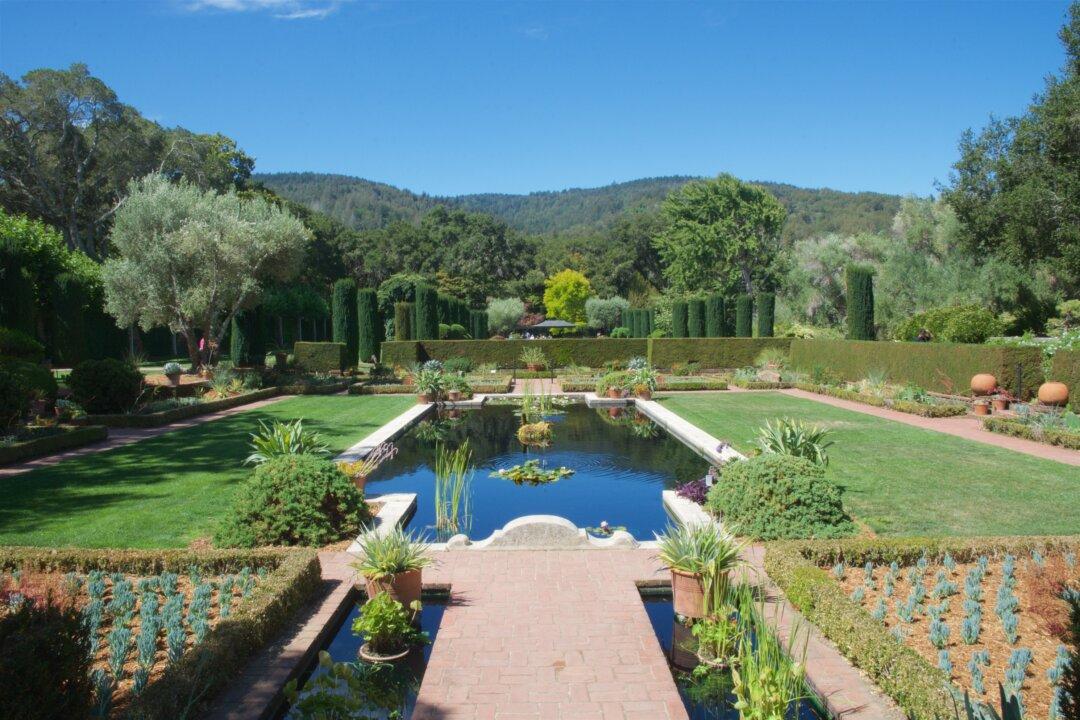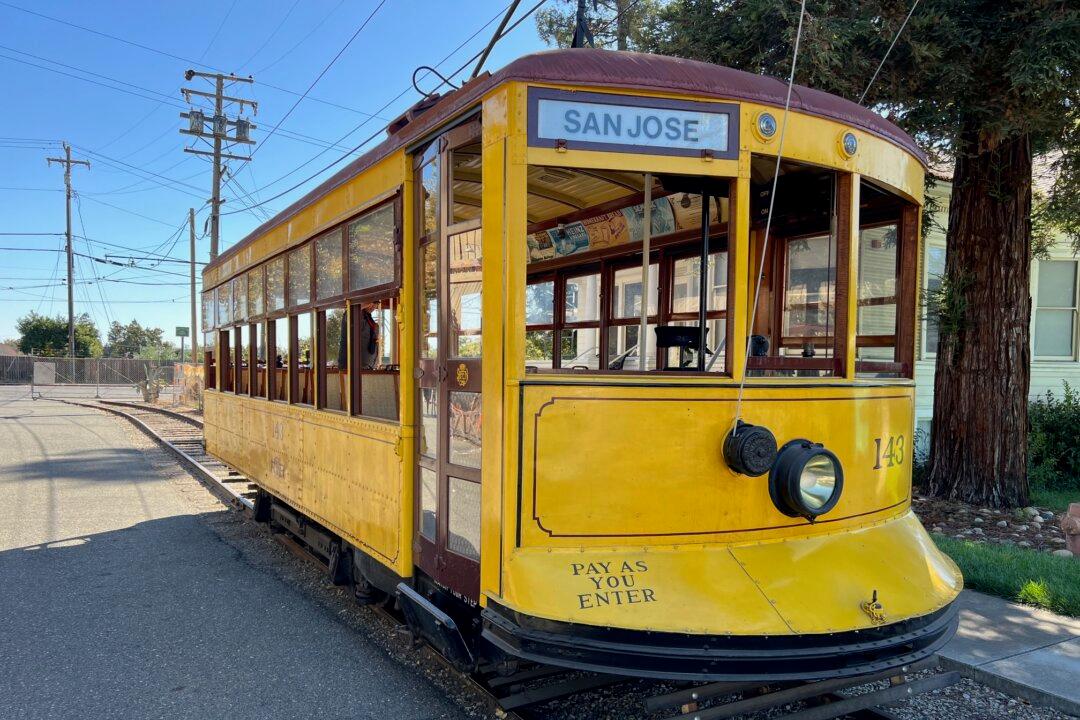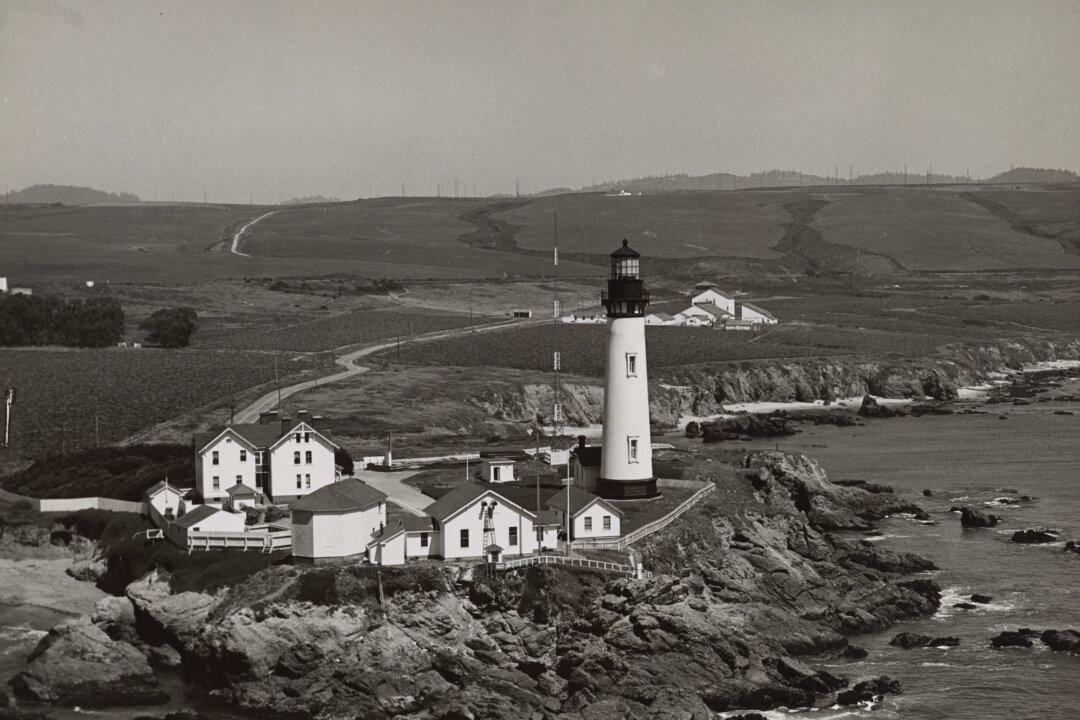“Filoli is too beautiful to be private.”—Lurline Roth
In 1975, Lurline Matson Roth gifted her beloved Filoli House and Garden to the National Trust for Historic Preservation. One year later, Filoli, located at 85 Canada Road, Woodside, California, opened to the public. It remains open to this day.





